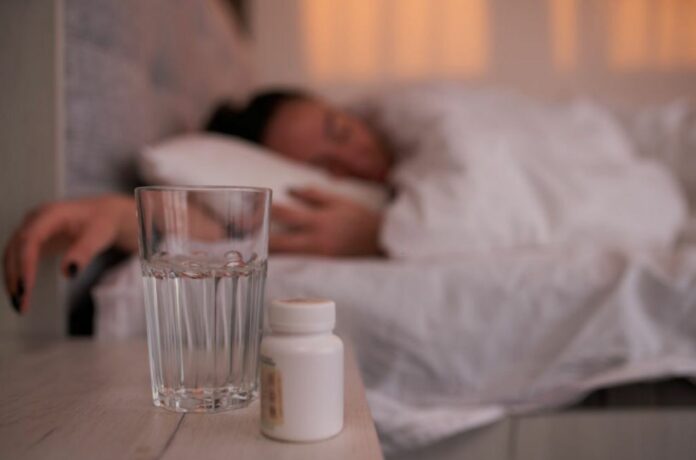Although getting enough shut-eye may help with a wide range of issues, recent research suggests that it can also make you less susceptible to infections.
Researchers at the University of Bergen enlisted the help of medical students working in physicians’ offices to distribute brief questionnaires to patients inquiring about recent illnesses and sleep quality.
They discovered that patients with persistent sleep issues were more likely to report requiring antibiotics, and patients who complained of sleeping too much or too little were more likely to also report having recently had an infection.
The majority of prior observational studies, according to Dr. Ingeborg Forthun, the study’s corresponding author, have examined the relationship “between sleep and infection in a sample of the general population.”
They “wanted to assess this association among patients in primary care, where we know that the prevalence of sleep problems is much higher than in the population at large.”
There is already evidence that sleep problems make you more likely to get sick. In a previous study, people who were given the rhinovirus on purpose were less likely to catch a cold if they said they slept well.
Sleep problems are common and can be treated. If a link to infection and a way for it to happen can be proven, it might be possible to use antibiotics less and protect people from getting sick before they do. But, real-world conditions cannot be replicated in a lab.
After creating a questionnaire, Forthun and her colleagues had medical students distribute it to patients in general practitioners’ waiting rooms.
Almost 1,848 surveys were gathered in Norway. In the questionnaires, participants were asked to describe their sleep quality, including how long they generally sleep, how well they believe they sleep, and when they like to sleep. They were also asked whether they had recently taken antibiotics or had any illnesses.
The survey also had a scale to find people who have a disorder called chronic insomnia disorder.
Scientists found that people who said they slept less than six hours a night were 27% more likely to say they had an infection, while people who said they slept more than nine hours were 44% more likely to say they had an infection.
Getting less than six hours of sleep every night, or being chronically sleep deprived, increased the likelihood that you will need antibiotic treatment for an illness.
Forthun explained that it is not surprising to observe a greater likelihood of reporting an infection among patients who reported either short or long sleep durations. This is because we already know that having an infection can lead to poor sleep and sleepiness. However, the increased risk of infection among individuals with chronic insomnia disorder suggests that the relationship between poor sleep and susceptibility to infection is bidirectional. In other words, poor sleep can also make a person more vulnerable to getting an infection.
Even though there was a chance of bias because people don’t always remember how they slept or what health problems they had recently, and because no clinical information was collected from the doctors who later saw the patients, the design of the study made it possible to get data from a large group of people in real-world situations.
“We don’t know why the patients visited their GPs, and it could be that an underlying health problem affects both the risk of poor sleep and risk of infection, but we don’t think this can fully explain our results,” adds Forthun.
“Insomnia is very common among patients in primary care but found to be under-recognized by general practitioners. Increased awareness of the importance of sleep, not only for general well-being, but for patients’ health, is needed both among patients and general practitioners.”
Source: 10.3389/fpsyt.2023.1033034
Image Credit: Getty
